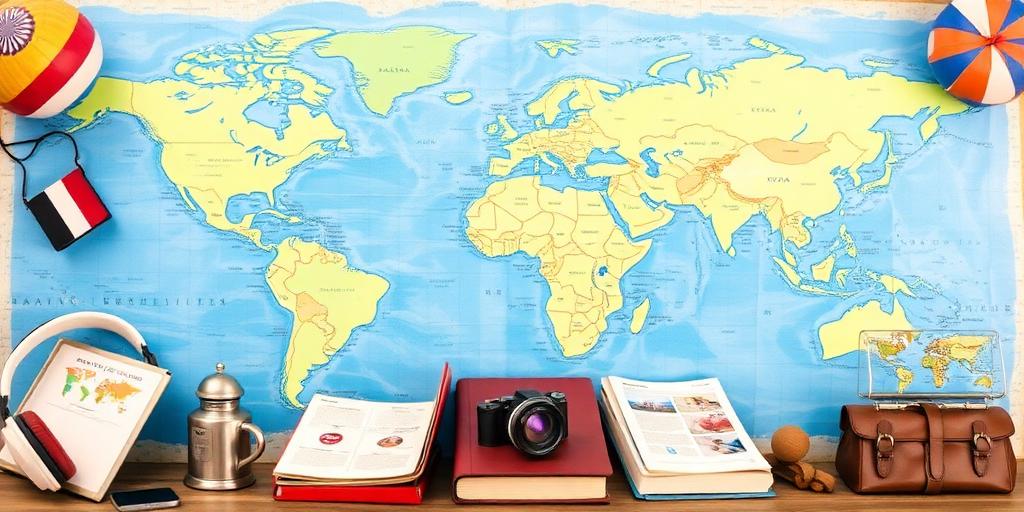In today's interconnected world, the trend of learning new languages for travel and cultural enrichment is gaining significant momentum. More individuals are recognizing the profound benefits of being able to communicate with people from different cultures in their native tongue. This article explores the multifaceted advantages of language learning in the context of travel and cultural understanding.
Enhanced Travel Experiences
One of the most immediate benefits of learning a new language is the enhanced travel experience it provides. While it's certainly possible to travel to foreign countries without knowing the local language, being able to speak even basic phrases can transform your trip from a superficial experience to an immersive adventure:
- Deeper Connections: Language skills facilitate more meaningful interactions with locals. You can engage in conversations, ask for directions, and learn about their lives and perspectives.
- Authentic Experiences: Knowing the language allows you to venture beyond tourist hotspots and discover hidden gems. You can explore local markets, dine in family-run restaurants, and participate in cultural events that are not typically accessible to non-speakers.
- Increased Confidence: Navigating a foreign country becomes less daunting when you can communicate effectively. You'll feel more confident in handling everyday situations, such as ordering food, using public transportation, and asking for help.
Cultural Enrichment and Understanding
Learning a language is not just about mastering vocabulary and grammar; it's also about gaining insights into the culture of the people who speak it. Language is deeply intertwined with culture, and understanding one often leads to a greater appreciation of the other:
- Cultural Sensitivity: Language learning exposes you to different customs, values, and social norms. This fosters cultural sensitivity and helps you avoid misunderstandings or inadvertently causing offense.
- New Perspectives: Learning a new language can challenge your own assumptions and broaden your worldview. You'll gain a deeper understanding of different ways of life and appreciate the diversity of human experience.
- Access to Literature and Media: Knowing the language allows you to enjoy books, movies, music, and other forms of media in their original form. This provides a richer and more authentic cultural experience.
Cognitive Benefits
Beyond the travel and cultural advantages, learning a new language also offers a range of cognitive benefits:
- Improved Memory: Studies have shown that bilingualism can improve memory and cognitive function. Learning a new language requires memorizing new words, grammar rules, and pronunciation patterns, which can strengthen your memory skills.
- Enhanced Problem-Solving Skills: Learning a new language involves deciphering patterns, making connections, and solving problems. This can enhance your critical thinking and problem-solving abilities.
- Increased Creativity: Exposure to different languages and cultures can spark creativity and inspire new ideas. Language learning can open your mind to new ways of thinking and expressing yourself.
Conclusion
The trend of learning new languages for travel and cultural enrichment is driven by a desire for more authentic and meaningful experiences. Whether you're planning a trip abroad or simply seeking to broaden your horizons, learning a new language can offer a wealth of benefits. From enhanced travel experiences and cultural understanding to cognitive advantages, the rewards of language learning are both immediate and long-lasting. As the world becomes increasingly interconnected, the ability to communicate with people from different cultures is becoming an increasingly valuable asset.









